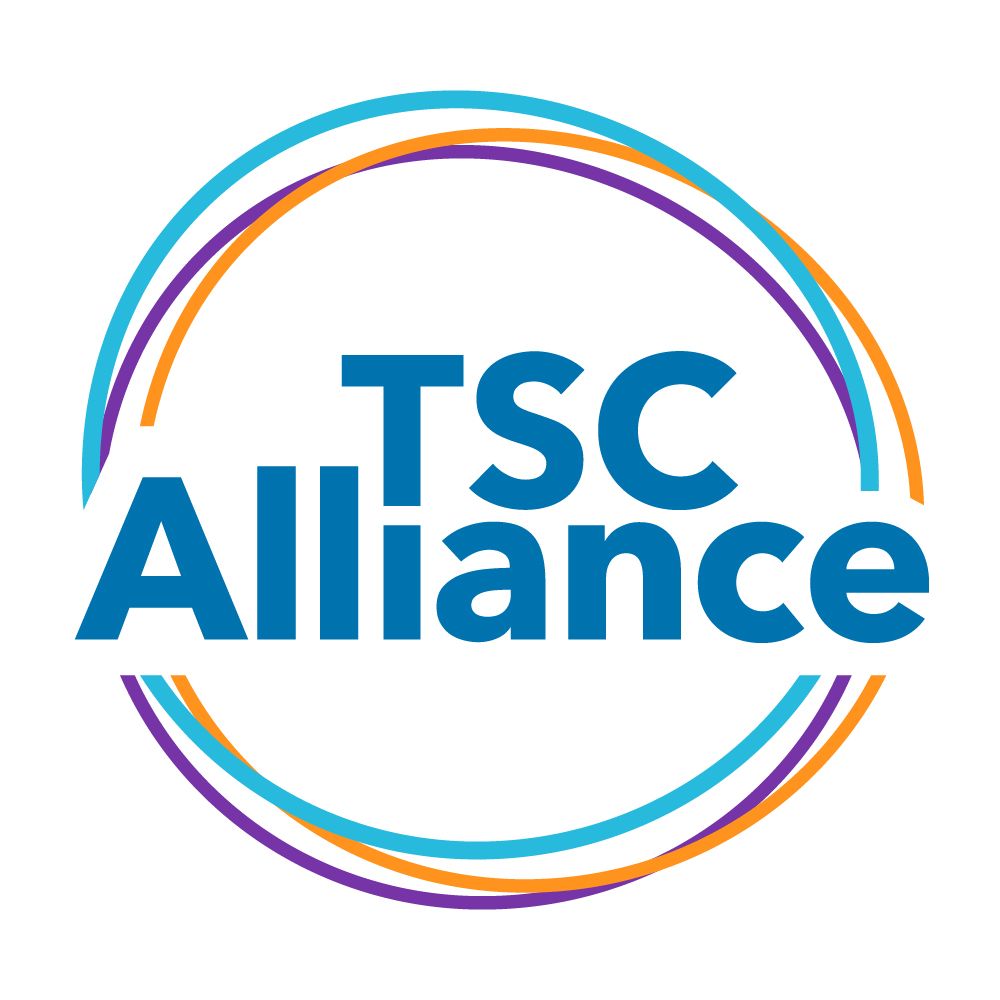
Uncovering New, Synergistic Ways to Treat Tuberous Sclerosis Complex: Darcy Krueger, MD, PhD

The director of the Tuberous Sclerosis Clinic at Cincinnati Children’s provided insight on whether the timing and combination of certain therapeutics may impact the long-term care for patients with tuberous sclerosis complex. [WATCH TIME: 3 minutes]
WATCH TIME: 3 minutes
"The fact is, we’ve been discovering new drugs to treat epilepsy over the last 20 years, yet our refractory patients, the patients that are resistant to getting adequate seizure control, has remained the same. There is some mechanism involved in how somebody becomes an epileptic patient that we haven’t quite put all the pieces together to understand how to adequately treat. That we’re missing."
Tuberous sclerosis complex (TSC), an all-encompassing genetic disorder that causes tumors to form, can have several impacts on quality of life for an individual. Aspects of TSC that involve the brain, such as seizures, developmental delay, intellectual disability, and autism, all have shown to have the strongest impact on patients’ day-to-day life. Although there is no cure, early diagnosis and intervention can help overcome developmental delays.
Previous data has shown that early seizure control in children can improve learning as compared to those with poorer control. Some antiseizure medications are effective in individuals with TSC; although, there remains a portion of the population that remains refractory to the medications available. An ongoing phase 1/2 trial, TSC Steps (NCT04595513), is assessing whether treatment with TAV-18, a novel formulation of sirolimus, a mechanistic target of rapamycin (mTOR) inhibitor, can prevent or delay seizure onset in patients with TSC.
If successful, this study could have significant impacts on the way patients with TSC are treated, and the timing in which they receive treatment. Recently, NeurologyLive® sat down with trial investigator
Newsletter
Keep your finger on the pulse of neurology—subscribe to NeurologyLive for expert interviews, new data, and breakthrough treatment updates.










